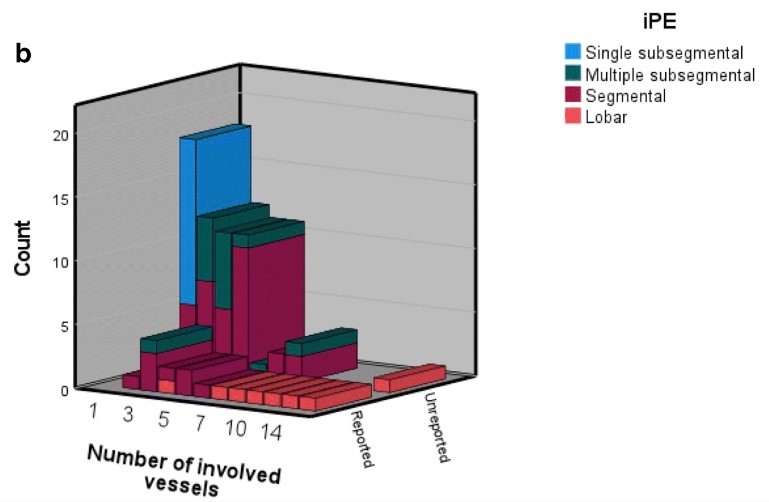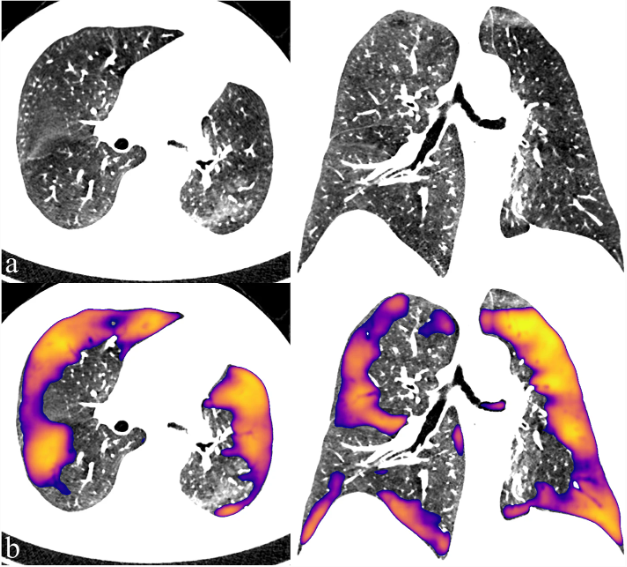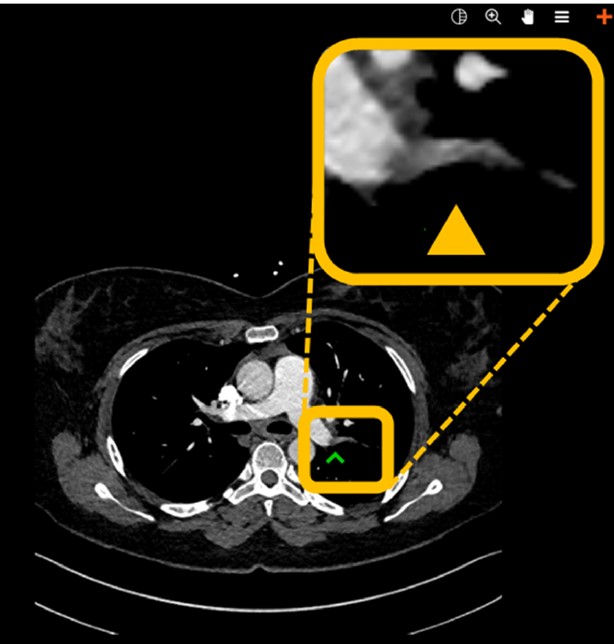
Cancer-associated incidental pulmonary embolism – underreporting and the potential role of AI
Pulmonary embolism (PE) is a common complication in patients with cancer. A significant number of all PE are diagnosed incidentally (incidental PE, iPE) in CT scans performed for staging or treatment response evaluation. Thousands of CT scans are performed for this indication every year in Halmstad, a regional hospital in Region Halland in southern Sweden, and we anticipate that in











